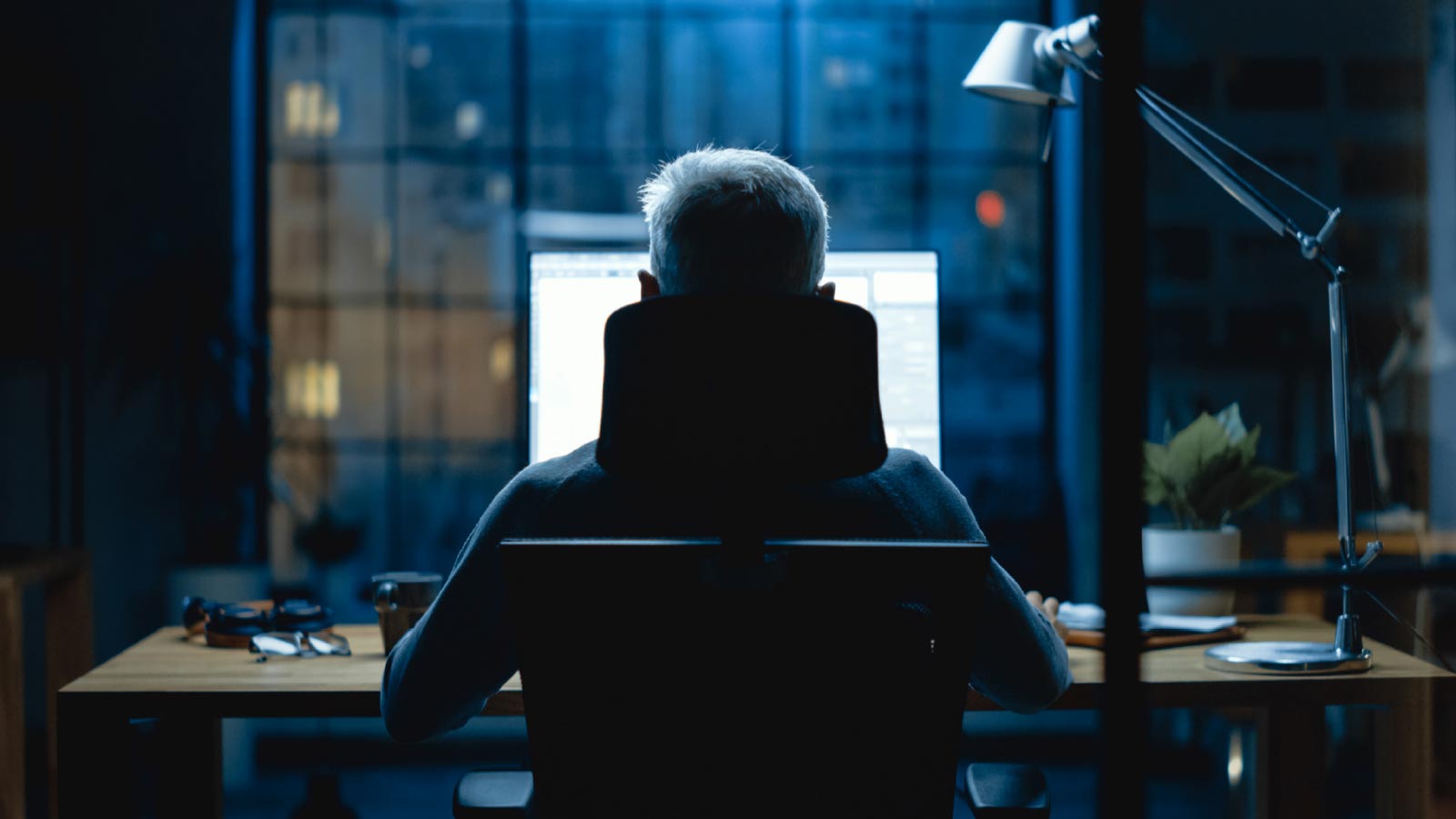Stay Up to Date
Submit your email address to receive the latest industry and Aerospace America news.
Of all the great reading in this month’s issue, I want to point you to the AeroPuzzler response.
Last month, we posed a fun scenario challenging readers to convey without jargon how someone equipped with a hypothetical microscope might tell whether a sample of stainless steel is magnetic or not. As we were finalizing the pages, Associate Editor Cat Hofacker, per our standard process, emailed the reader who submitted the richest and best written response: Barclay Brown, an artificial intelligence researcher. Mr. Brown informed Cat that the response came from ChatGPT. He had fed the question to the app precisely as we published it, then forwarded the response to us without any changes. It was an experiment to make “an interesting point,” he said. “The whole thing took me about 30 seconds.”
The timing for us was less than optimal. Deadlines in our business are unbending, and the magazine was due at the printer shortly. We decided to run the response with a note.
Though we were jolted, Mr. Brown actually provided us with a valuable lesson in several ways: If you take a look at ChatGPT’s response, I think you will agree that it’s very well written. In fact, before I knew we were guinea pigs, I thought, “Wow, this guy is an awesome writer. He really embraced the nuances of the question.”
Without a doubt, ChatGPT can put one word after another in a clear structure and decipher a complex question. The words also passed our plagiarism tests. What about accuracy? Based on my online research, I decided the response was accurate, and I approved it for publishing. I did wonder how an expert would view some of the fine points. I tried to reach five metallurgy experts by email and phone, but none had responded after 72 hours. The best part of ChatGPT might be that it’s never too busy. It is not incurious.
So, are the days numbered for Cat and me as journalists? It’s tempting to say, “No way.” After all, ChatGPT can’t call a source and take down a quote that’s never been heard or drag a fact onto the public record. If it can’t do those things, it will never change the course of history in ways small or large. But now, I realize that such a day is possible. The following could be the biggest lesson from Mr. Brown’s experiment: Really, it’s up to you, the information consumers and citizens, to decide whether you want to read an article or reader response produced by software. How about a painting made by bits and bytes? A film? A fine dinner?
I know what I believe. Elon Musk is right: We humans need to control AI, or it will control us. If we let it, it could strip us of human joy — and sooner than we think.
Oh, and no more AI responses to the AeroPuzzler, please. We’re trusting you on that. At the end of the day, that’s all we humans have.
About Ben Iannotta
As editor-in-chief from 2013 to March 2025, Ben kept the magazine and its news coverage on the cutting edge of journalism. He began working for the magazine in the 1990s as a freelance contributor. He was editor of C4ISR Journal and has written for Air & Space Smithsonian, New Scientist, Popular Mechanics, Reuters and Space News.
Stay Up to Date
Submit your email address to receive the latest industry and Aerospace America news.




